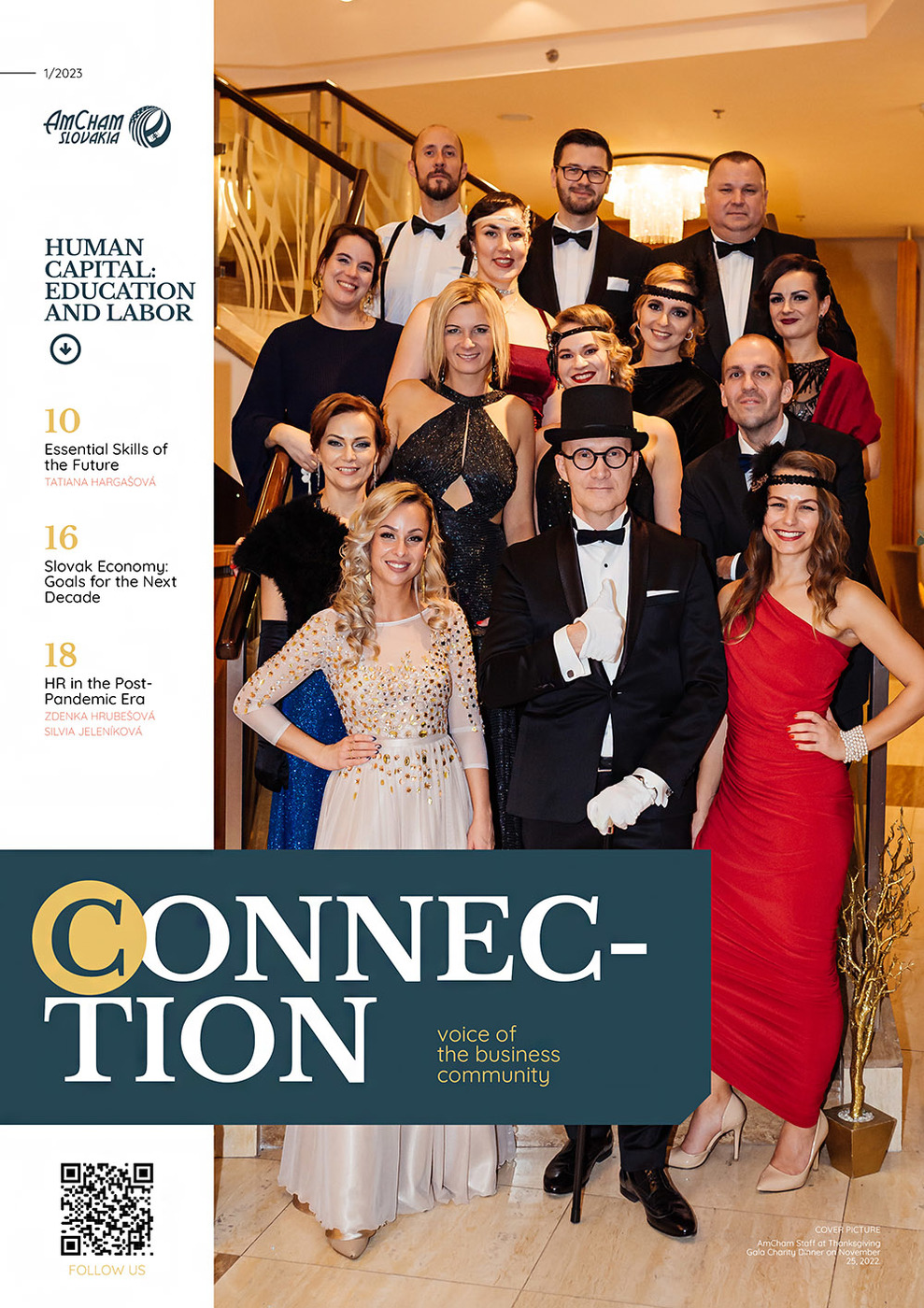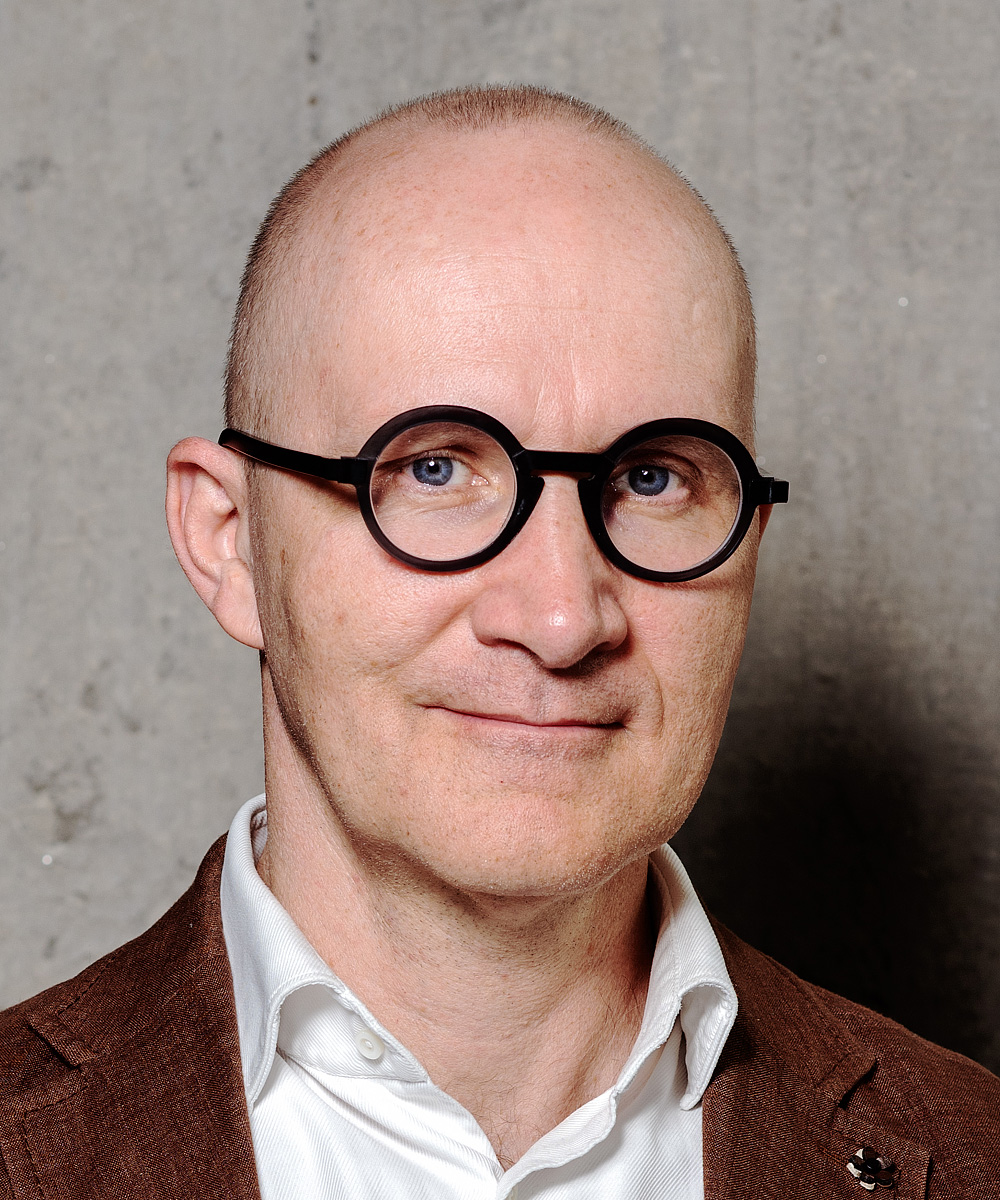Literature as Ariadne’s thread for the contemporary world
Although our contemporary politicians hardly realize it, true statesmanship can hardly be successfully practiced without a certain level of literary overview and knowledge. As the American diplomat and author Charles Hill states in his book ‘Grand Strategies’, decisions in diplomacy and politics have to be made before all the facts are known and without knowing all the potential consequences. Only literature lives in the realm of “grand strategies”, beyond rational calculations – a literary imagination can prepare a politician for the unexpected.
There is even a specific literary genre which deals with establishing or maintaining an order, regime or statehood. The epic (or epos) is a long narrative poem with a state-building element – the hero’s destiny is closely linked to the nation and becomes a part of the national tradition. These epics resemble political stories where the hero must face various challenges and tasks, carrying the destiny of the entire community on his shoulders.
It is thus possible to understand the current situation in Russia and Ukraine through John Milton’s ‘Paradise Lost’ with its memorable lines such as: “Better to reign in hell than serve in heav’n,” or “for so I form’d them free, and free they must remain.”
Globalization and the single point of failure
In times, when most of us are content to have their own worldview confirmed and strengthened through their selective information sources, the book ‘Six Faces of Globalization’ by Anthea Roberts and Nicolas Lamps offers a refreshing, persuasive and complex perspective at globalization and its political and economic consequences. These alternative stories of globalization cover the full spectrum of how this phenomenon is perceived through various political and cultural lenses.
 The pandemic as well as the last year have shown us that the geostrategic narrative deserves more attention. Today, the value of China’s chip import exceeds that of its oil import; a single company in Taiwain – an island in a major geopolitical hot spot – produces 92% of the world’s most advanced semiconductors; 70% of the global rubber gloves supply is manufactured in a single factory. We cannot act surprised when the next serious geopolitical crisis exposes our interdependence. The complexity and interconnectedness of global supply chains working in the interest of efficiency created systems with a single point of failure.
The pandemic as well as the last year have shown us that the geostrategic narrative deserves more attention. Today, the value of China’s chip import exceeds that of its oil import; a single company in Taiwain – an island in a major geopolitical hot spot – produces 92% of the world’s most advanced semiconductors; 70% of the global rubber gloves supply is manufactured in a single factory. We cannot act surprised when the next serious geopolitical crisis exposes our interdependence. The complexity and interconnectedness of global supply chains working in the interest of efficiency created systems with a single point of failure.
The climate crisis is not just about fossil fuels
In his book ‘Scale’, Geoffrey West writes that the ongoing urbanization leads to the creation of a new New York Metropolitan Area (an agglomeration with 15 million inhabitants) every two months. Add the facts from Vaclav Smil’s latest book ‘How the World Really Works’, which show that in 2020, the average annual energy consumption of 40% of the global population in the least developed regions didn’t exceed that of Germany and France in 1860! For these 3.1 billion people to reach at least decent living standards, it is necessary to dramatically increase the efficiency of energy usage and power supply, boost food production and build basic urban, industrial and traffic infrastructure. As Smil points out, meeting these conditions will inevitably lead to further degradation of the biosphere.
Life is hard
In my personal life last year, I had to deal with the painful loss of my beloved mother. The feelings of sorrow and void inspired me to open a deeply personal book by Kieran Setiya ‘Life Is Hard’. He claims that to “be happy” and to lead a “good life” are two very different things. His book serves as a companion on a personal journey of weakness, loneliness, sadness, failure, injustice and absurdity.
“If you want to be happy, staying in discomfort can but doesn’t have to be useful. But happiness by itself shouldn’t be your goal. Happiness is a mood or a feeling, a subjective state; you can be happy even when you’re living in a lie… We need to face the adversity in our lives as we should – and in then truth is the only means. We have to live in the world as it is, not as we wish it to be.”
Setiaya dedicates the final chapter to hope. Hope should give us strength and courage, but it can also kill us. To hope means to risk the agony of desperation. And what is the meaning of hope when things are falling apart? As Greta Thunberg addressed the World Economic Forum in Davos: “I don’t want you to be hopeful. I want you to panic.”
A light approach to the serious topics
Even the most difficult topics can be approached lightly. As Ludwig Wittgenstein put it: “A serious and good philosophical work could be written consisting entirely of jokes.” ·
The Slovenian philosopher Slavoj Žižek put this approach into practice in his excellent book ‘Žižek’s Jokes‘. His humorous observations seem as deep and timely truths in the light of the events of the past year. For example – even the best effort to pardon the unpardonable by changing criticism into something positive will hit its limit sooner or later. Just like in Žižek’s version of an old Soviet joke, a customer enters a bank, announces his intention to deposit 100 rubles and inquires about the safety of the deposits. The bank clerk replies that the bank guarantees all deposits, but the customer asks: “What if the bank collapses?” The clerk answers that the central bank also guarantees all local banks and their deposits. The customer persists: “But what if the central bank itself collapses?” The clerk again replies: “Then the Soviet state guarantees all bank deposits!” Still unconvinced, the customer raises the stakes to the top: “But what if the Soviet state itself disintegrates?” To this, the bank clerk explodes: “Are you telling me that you are not ready to lose the lousy 100 rubles as the price for such a wonderful event as the disappearance of the Soviet Union!”
For this year, one of the books on my reading list is the loose follow-up to Milton’s ‘Paradise Lost’, namely ‘Paradise Regained’. This mini-epic describes the final defeat of Satan. We can only hope that the development of global events will proceed similarly.
Ronald Blaško, Executive Director, AmCham Slovakia



Follow us